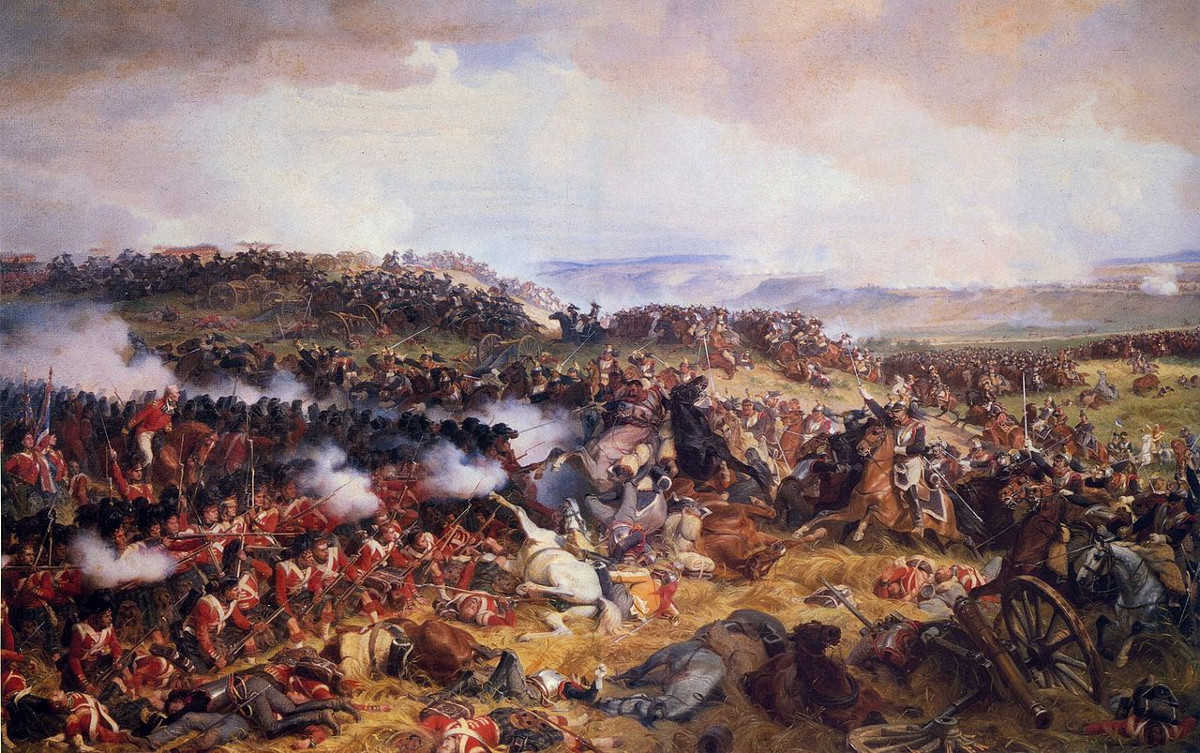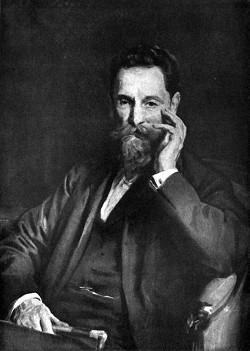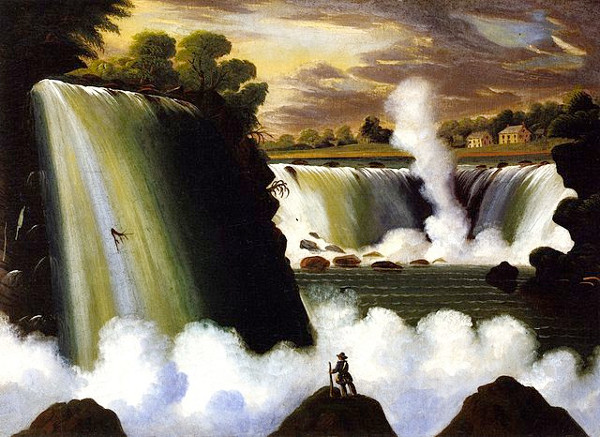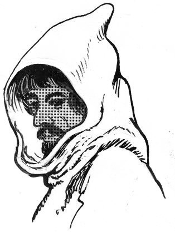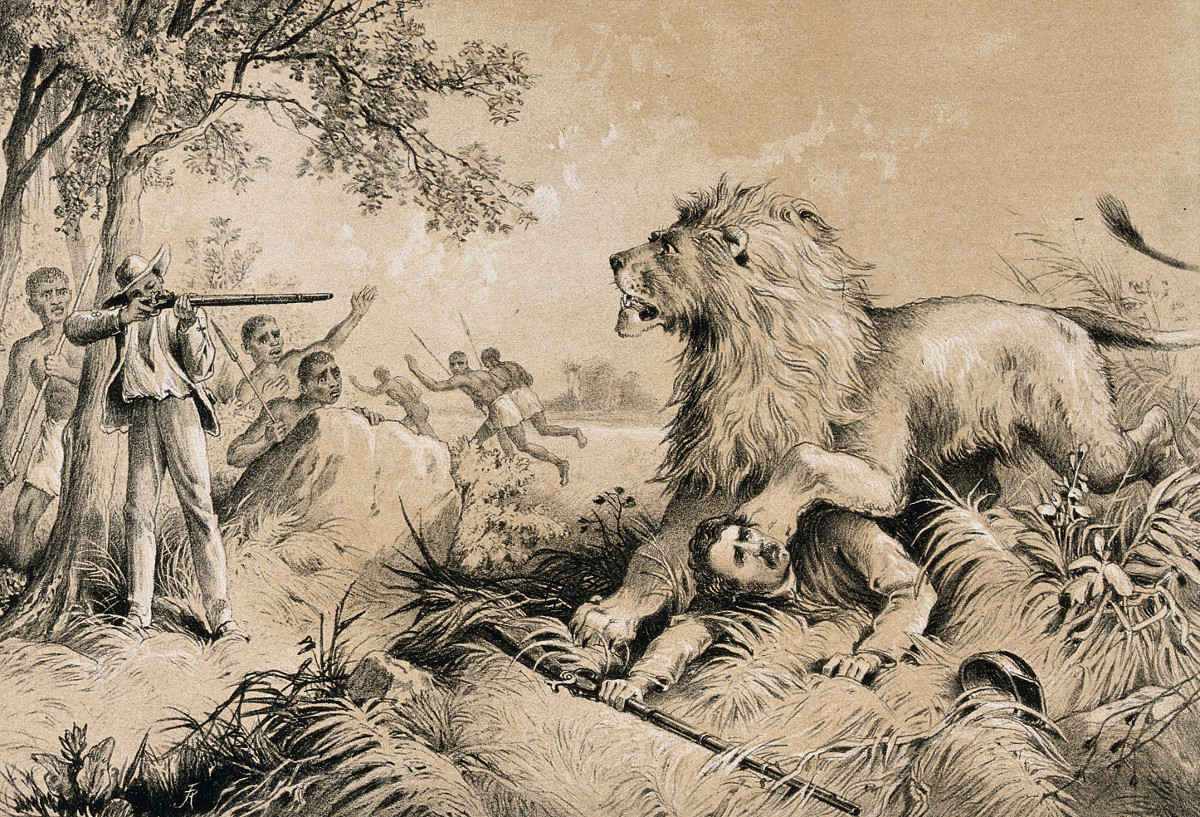
succussion
n. violent shaking
squassation
n. a severe shaking
A lion attacks David Livingstone, 1843:
Starting, and looking half round, I saw the lion just in the act of springing upon me. I was upon a little height; he caught my shoulder as he sprang, and we both came to the ground below together. Growling horribly close to my ear, he shook me as a terrier dog does a rat. The shock produces a stupor similar to that which seems to be felt by a mouse after the first shake of the cat. It caused a sort of dreaminess, in which there was no sense of pain nor feeling of terror, though quite conscious of all that was happening. It was like what patients partially under the influence of chloroform describe, who see all the operation, but feel not the knife. This singular condition was not the result of any mental process. The shake annihilated fear, and allowed no sense of horror in looking round at the beast. This peculiar state is probably produced in all animals killed by carnivora; and if so, is a merciful provision by our benevolent Creator for lessening the pain of death.
The lion left him to attack his companions, who eventually dispatched it. Livingstone could never afterward raise his left arm above his shoulder; when asked by a group of sympathetic friends what he had been thinking during the attack, he said, “I was thinking, with a feeling of disinterested curiosity, which part of me the lion would eat first.”
